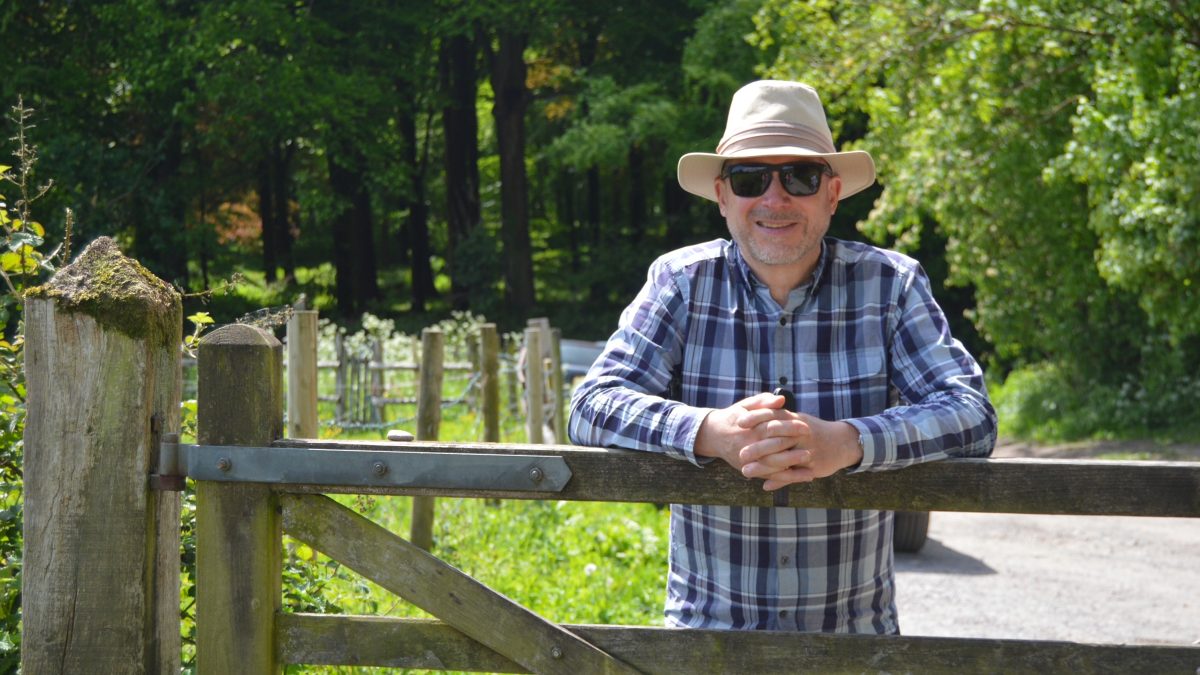As I have previously written, Tim Leighton is a person who had a huge impact on me when I was running the grassroots initiative Wired In. I used to see Tim when I was External Examiner for Action on Addiction’s two-year Foundation degree in Addiction Counselling, which was run by Tim and linked to Bath University.
Tim first introduced me to the amazing writings of William (Bill) L. White, the leading addiction recovery advocate in the US. Bill’s work really got Tim and I excited and in full discussion mode. On 18 March 2009, Tim and I both spoke at a conference in London organised by Action on Addiction and Wired In, with the main speaker being Bill White. Tim, Nick Barton (who was CEO of Action on Addiction at the time) and I invited addiction recovery advocates from around the UK to the conference, which turned out to be a great success. [You can see a series of film clips of Bill’s talk here.]
Here is a film taken from Tim’s Recovery Voices conversation with Tim Leighton from earlier this year.
On Addiction, Recovery, and The Recovery Movement [6’50”]
Tim emphasises that addiction can be very damaging—it damages relationships, self-esteem, and social capital. There is some sort of legacy when you come out of addiction that needs to be mended. A very big hole where addiction used to be. In a way, recovery is about filling that hole. Some people may fill that hole by being part of a community. The culture of recovery is highly social, and this sociality of recovery is what really interests him.
[At the same time, Tim points out that Granfield and Cloud have shown that many people overcome drug addiction without accessing treatment or attending peer support groups].
The sociality of recovery provides meaning and identity. For many people, addiction attenuates their life meaning. Recovery restores meaning. Most people get meaning from relationships, from being able to give and receive, to have fun with other people, and share experiences with others.
One way you can get meaning is to join a group of people who believe in something very strongly, and have rules and norms around that belief system. That way appeals to a lot of people.
However, Tim emphasises that the Recovery Movement can’t be like that. It has to encapsulate people with a wide range of different views, people who are changing their mind about things, people who develop their philosophies, people who identify with some people, but also have solidarity with other people who are not like them. That type of range is very important, otherwise people get left out.


